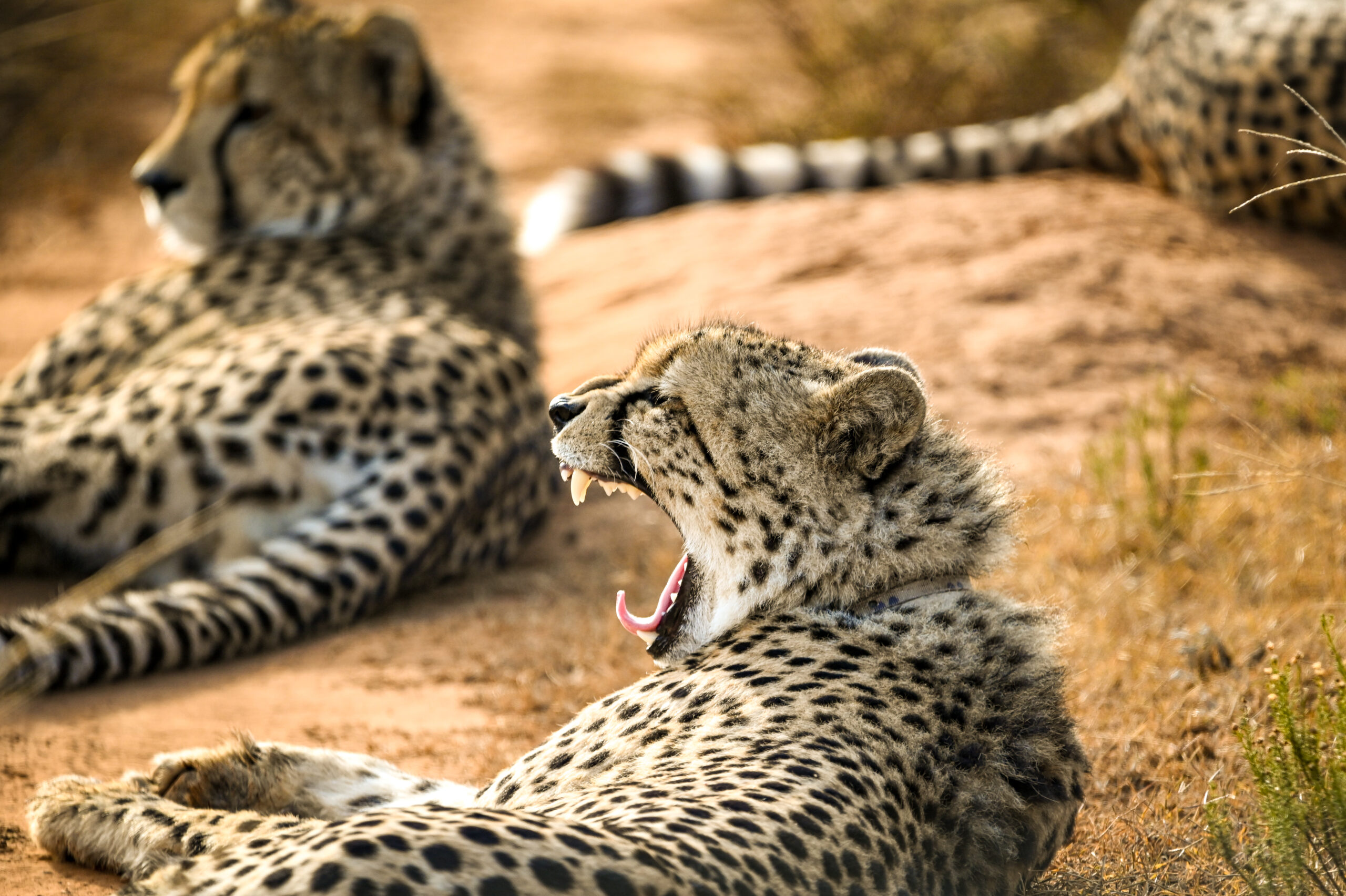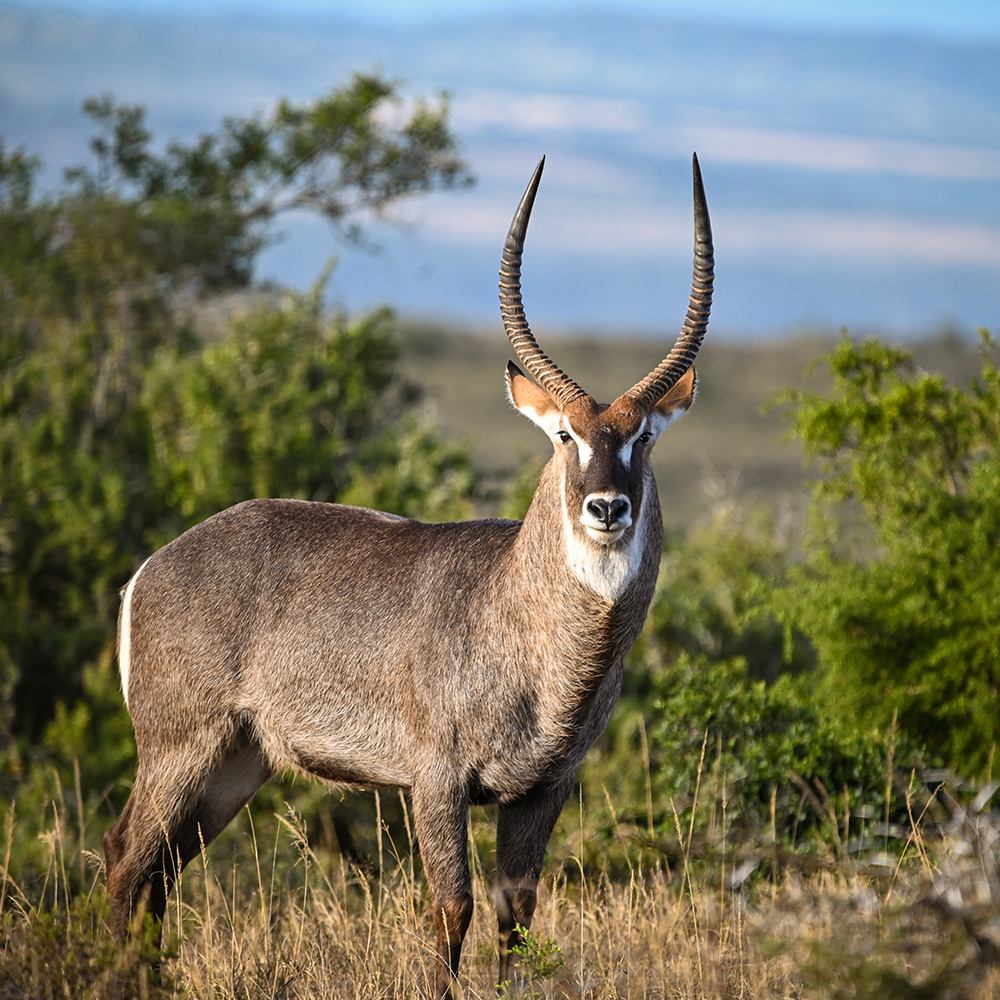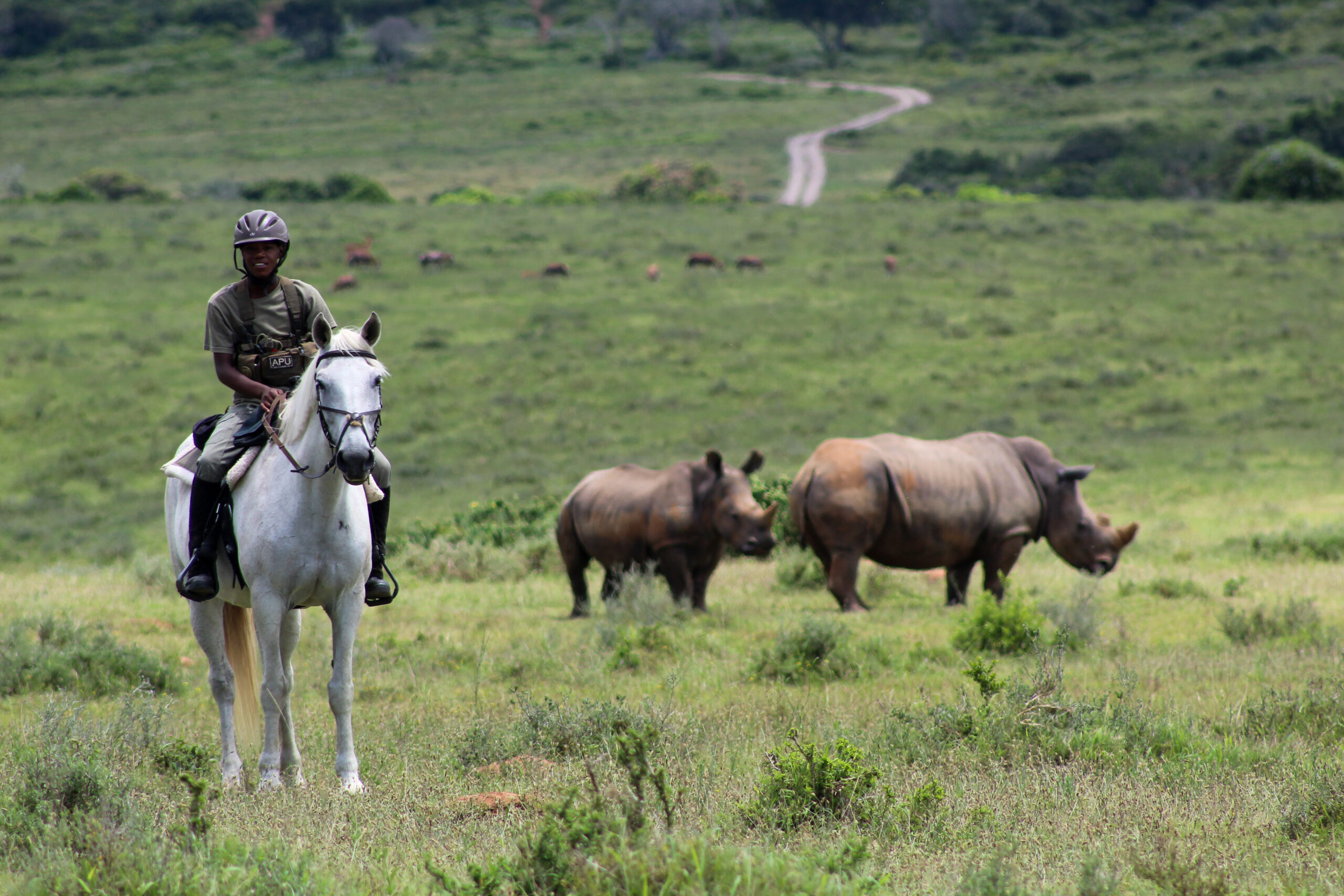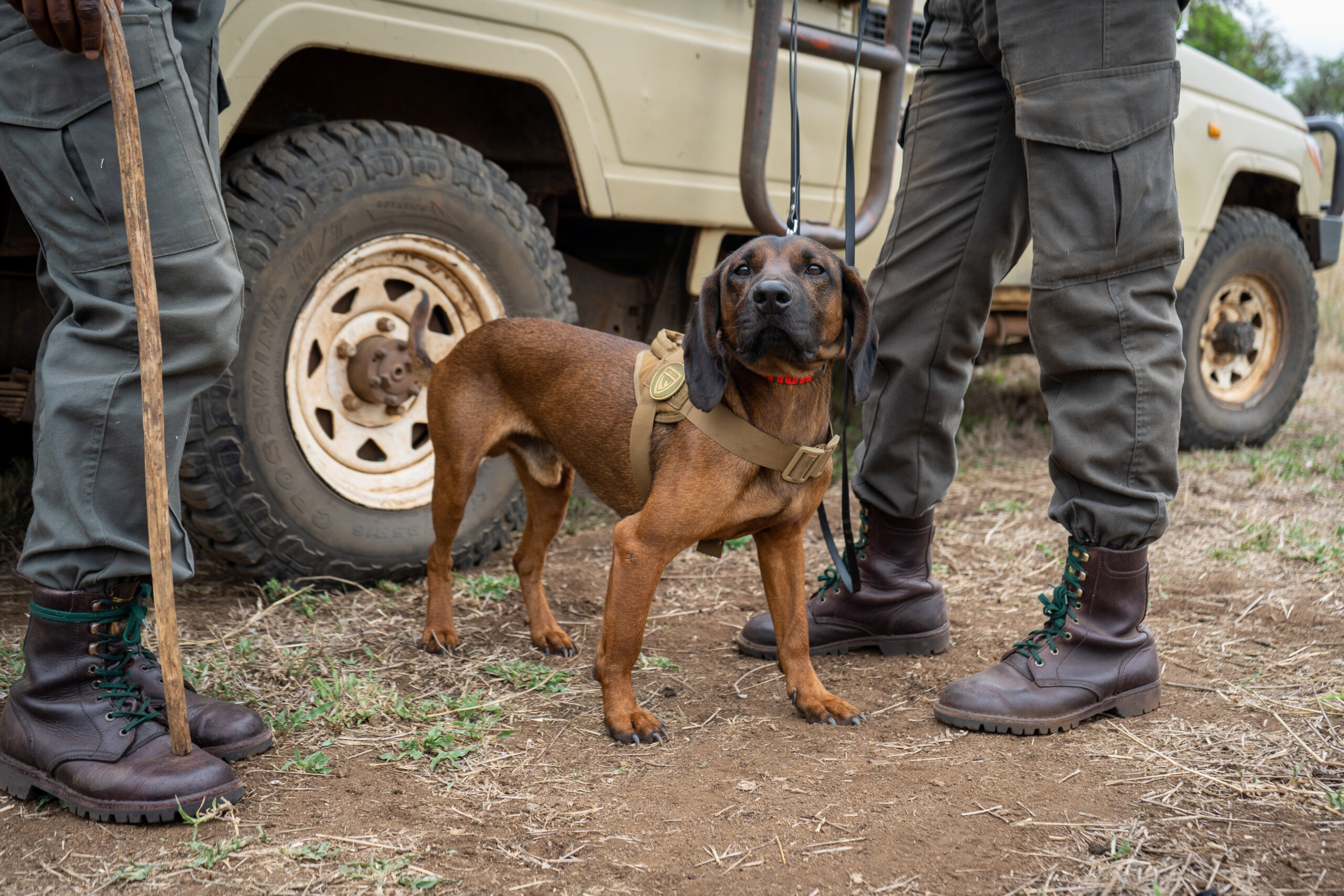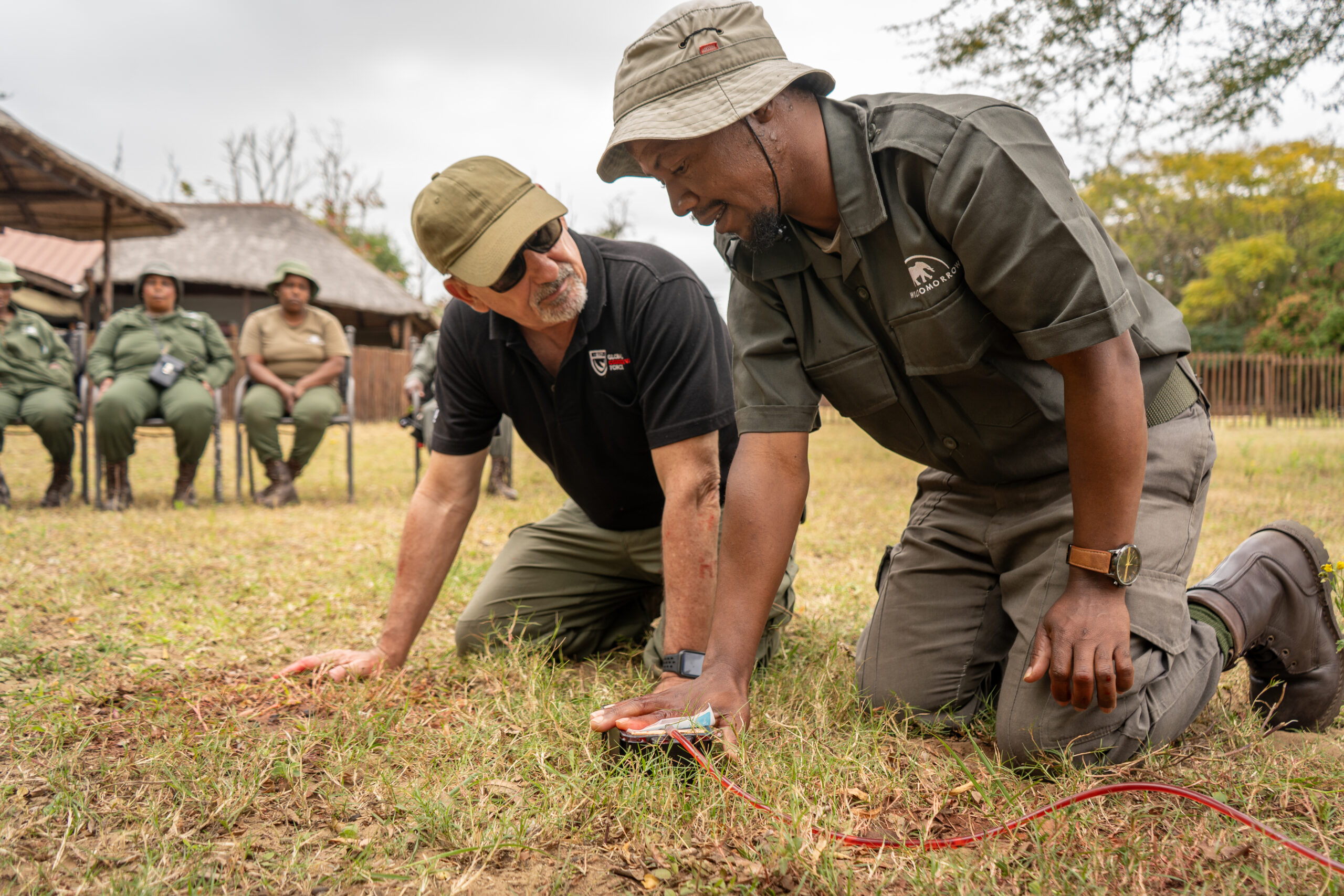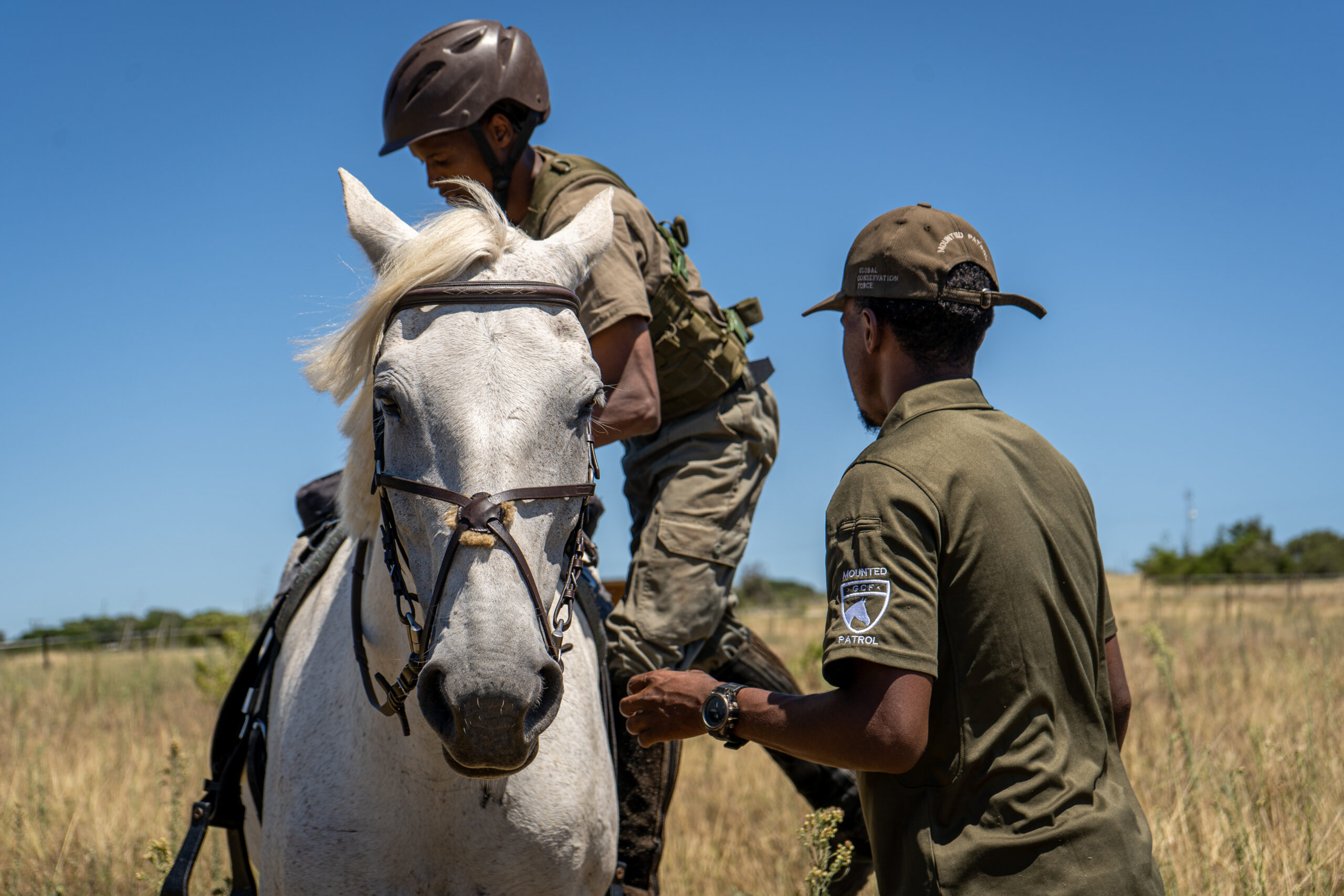

COMMUNITY-DRIVEN
Global Conservation Force not only focuses on anti-poaching and education, but also empowers local communities to...
LEARN MORE

PROTECT THE DEFENSELESS
With our relentless anti-poaching efforts, impactful education initiatives, and community-based conservation projects, we're...
READ MOREJOIN
to
THE
FIGHT
SAVE ENDANGERED SPECIES WITH
GLOBAL CONSERVATION FORCE
- A Force to Be Reckoned With
Join the Global Conservation Force and Help Save Endangered Wildlife Together

Holding the Frontline
Global Conservation Force brings together a team of experts, volunteers, and community members to work towards saving endangered species.
Stop by to visit the Global Conservation Force Booth! We will have a full merchandise booth with several new items coming directly from our project zones in Africa, Asia, and […]
This closing celebration will recognize the incredible volunteers, participants, and sponsors who made San Diego Climate Week possible. It is also one more chance to take meaningful climate action: every guest will be invited to sign up for the Key Conservation platform, create a profile, and begin supporting frontline wildlife conservationists around the world. By connecting locally, we can extend our impact globally. The evening will feature: Interactive Conservation Tables – Learn, connect, and get inspired by the work of local partners including Global Conservation Force, San Diego Canyonlands, and Fjord Phyto who are advancing conservation and resilience right here in San Diego. Music + Community – A live DJ performance will keep the energy up as we celebrate the success of the week and look ahead to the movement we are building together. Climate Action Raffle – Win exciting prizes while supporting ongoing conservation work. This event is not only a celebration but also a call to action. Together, we’ll close Climate Week on a high note and step forward with renewed commitment to protecting ecosystems, building resilience, and accelerating climate action.
Join us for a milestone celebration at Global Conservation Force’s 10th Annual Gala—an afternoon of fine wine, gourmet dining, and impactful conservation storytelling, all set against the breathtaking backdrop of Wilson Creek Winery.

News & Updates
Over A Decade of Global Conservation: Celebrating GCF’s Worldwide Impact
Over a decade ago, Global Conservation Force (GCF) was founded by a coalition of American and South African wildlife professionals—individuals with decades of experience in wildlife rehabilitation, environmental and wildlife law enforcement, exotic and zoo veterinary practice, and anti-poaching operations across the United States, Africa, and Asia. From the outset, GCF has also drawn on advisors and specialists from a wide spectrum of fields, including community-based conservation, ecology, wildlife biology, technology, and zoological sciences. The vision was clear: to create a diverse and dynamic operational team capable of building, expanding, and elevating wildlife protection and conservation efforts on both grassroots and global scales.
GCF Admin
0 Comments
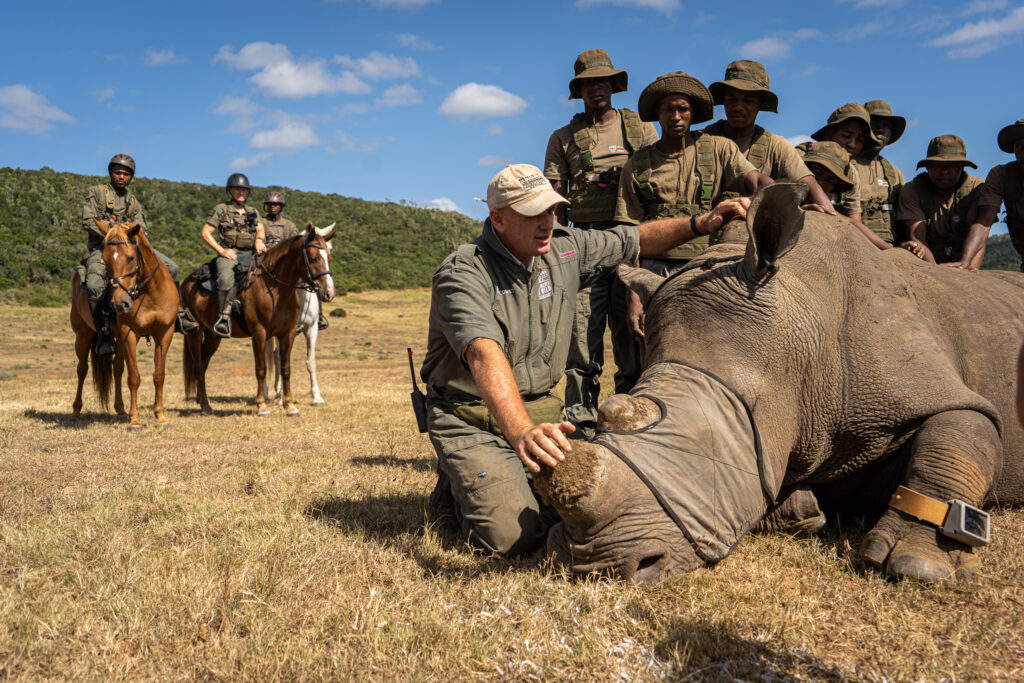
partners and collaborations
Celebrating Conservation Champions: Announcing the 2025 GCF Award Recipients
Since our 3rd Gala in 2017, the Wildlife Guardian Award has honored extraordinary individuals making a real difference in wildlife conservation. More recently, starting in 2024, the Conservation Warrior Award has recognized those whose critical behind-the-scenes work drives conservation success around the world. Each year, our Gala celebrates the diversity of roles and efforts that protect wildlife, habitats, and communities.
GCF Admin
0 Comments

Rhinos
World Rhino Day Recap & 2025 Rhino Conservation Challenge Results
This World Rhino Day, supporters from across the globe came together to fuel frontline conservation. With the 2025 Rhino Conservation Challenge officially closed and all donations tallied, we are excited to share the impact YOU made possible. Together, we raised an incredible $9,776 for rhino conservation initiatives worldwide. Every donor, team, participant, and supporting business brought real strength to the fight for wildlife.
GCF Admin
0 Comments

Rhinos
World Rhino Day 2025
Every year on September 22nd, World Rhino Day reminds us of both the beauty and vulnerability of one of the planet’s most iconic species—the rhinoceros. These incredible animals, which have roamed our earth for over 50 million years, face unprecedented threats today. Their survival depends on the actions we take together. Rhinos are more than just magnificent giants. They are keystone species, meaning their presence is vital for maintaining the balance of their ecosystems. By grazing and shaping vegetation, they help create habitats for countless other animals and plants. Their survival is tied to the health of the savannas and forests they inhabit—ecosystems that support biodiversity, clean air, fresh water, and local communities. Yet, despite their ecological importance, rhinos continue to be driven toward extinction.
GCF Admin
0 Comments
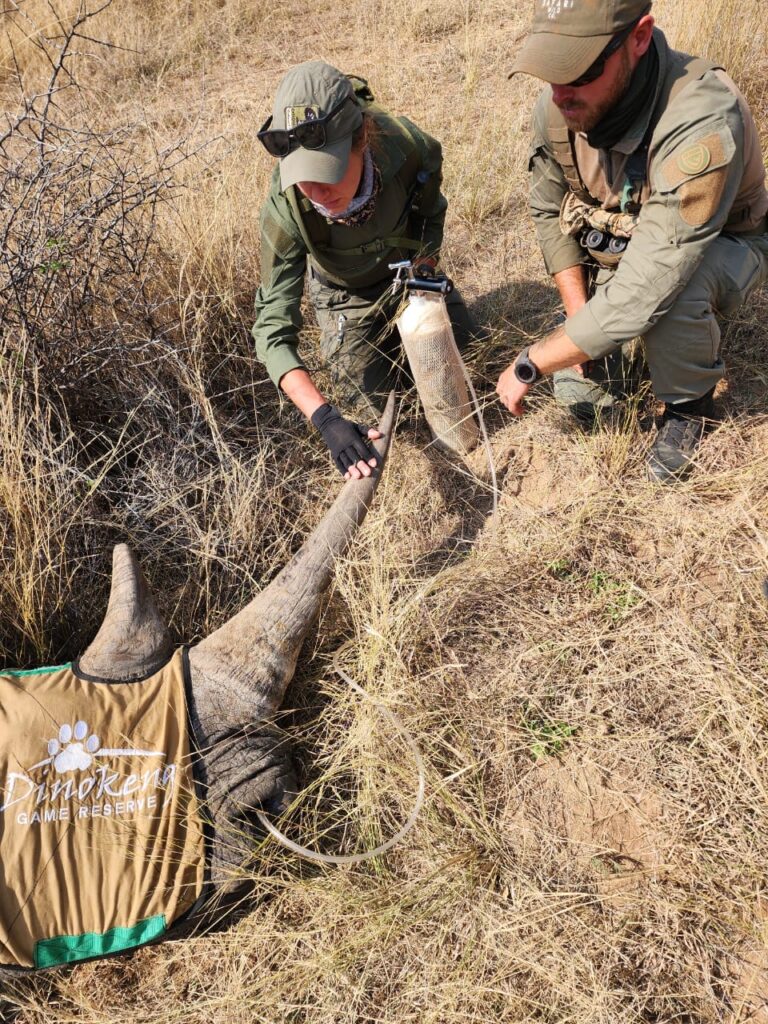
News & Updates
Field Training Spotlight | Mongena & Dinokeng Game Reserves, South Africa
Global Conservation Force continues to invest in strengthening the skills, confidence, and safety of wildlife monitoring professionals across South Africa. Recently, GCF Rangers and Instructors led specialized field workshops at Mongena Game Reserve and Dinokeng Game Reserve, bringing together advanced training in dangerous game tracking, monitoring, and radio telemetry.
GCF Admin
0 Comments
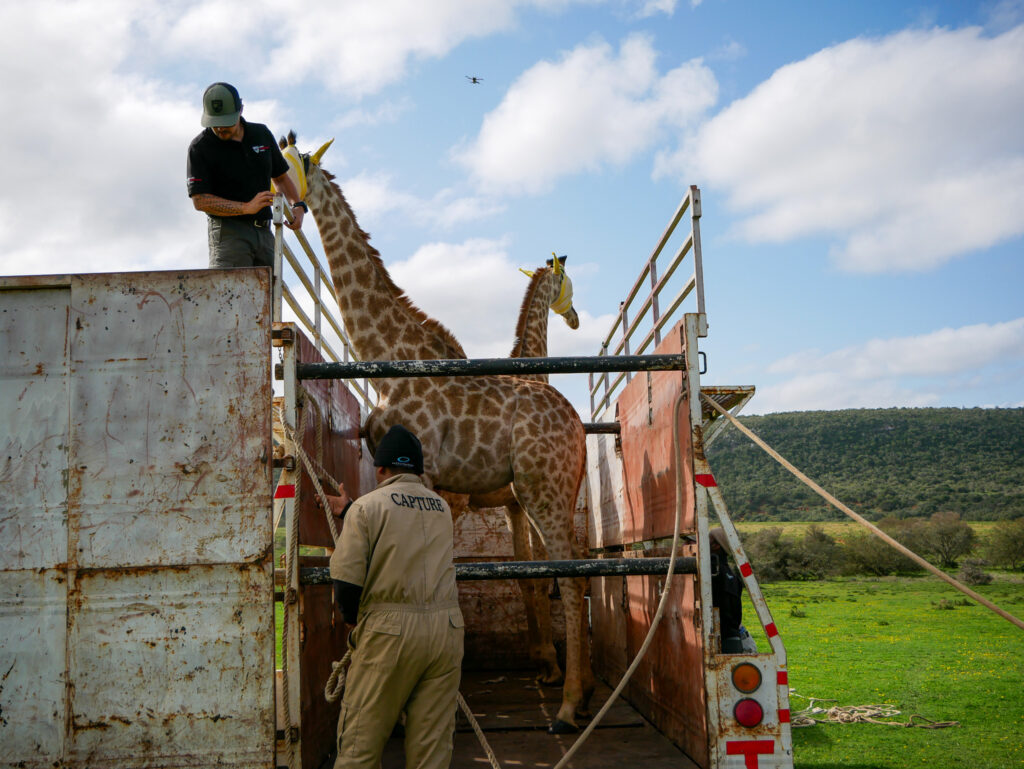
wildlife veterinary program africa
2026 Global Conservation Force | Professional Development Courses
Global Conservation Force (GCF) is excited to announce our series of immersive, hands-on conservation training courses for 2026! Designed to provide participants with critical skills and education, these programs offer a unique opportunity to contribute directly to wildlife protection efforts while experiencing the diverse beauty of South Africa.
GCF Admin
0 Comments
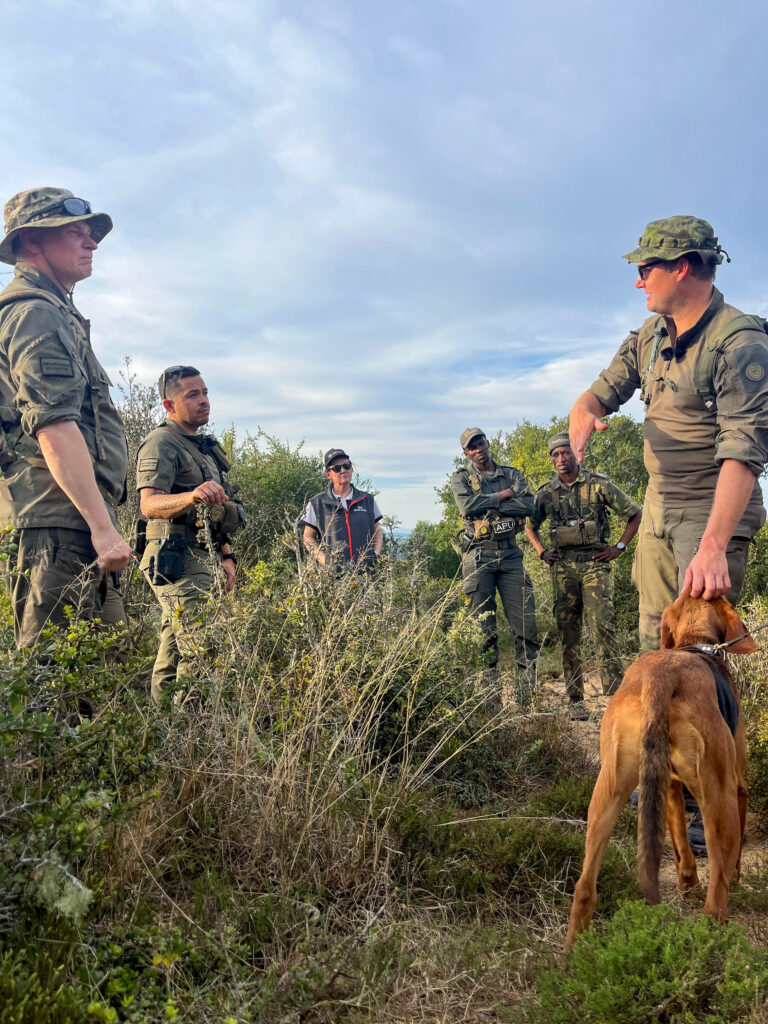
Rhinos
August Impact Update: Training Rangers, Equipping Teams, and Protecting Wildlife
August was a powerful month of impact for Global Conservation Force, with training, equipment sponsorships, and field operations strengthening frontline conservation across South Africa. Thanks to the support of our partners, donors, and patrons, we advanced ranger skill sets, supplied vital gear, and removed threats to endangered wildlife populations.
GCF Admin
0 Comments

Rhinos
10th Annual Wildlife Gala
An afternoon of fine wine, gourmet dining, and impactful conservation storytelling, all set against the breathtaking backdrop of Wilson Creek Winery. This years theme; Old West!
GCF Admin
0 Comments

Want to collaborate with us?
Global Conservation Force brings together a team of experts, volunteers, and community members to work towards saving endangered species.
- Fighting Extinction, One Species at a Time
Every donation is an essential help for each animal's life
Ongoing Projects
- Copyright 2024. All Rights Reserved. Powered by Wild Media.








